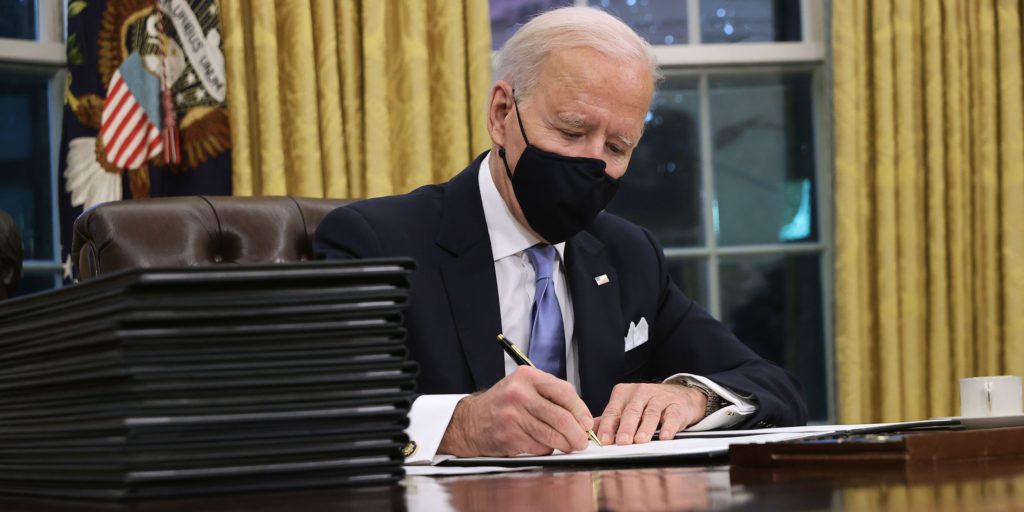THE ADMINISTRATION of US President Joe Biden has confirmed that travel restrictions between Ireland and the United States will continue.
For months, travel between Ireland and the US has been hit with restrictions in an effort to slow the spread of Covid-19 from abroad, as the world struggled to contain the coronavirus pandemic.
One of Donald Trump's last actions while serving as the 45th US President was to attempt to lift the travel restrictions from Ireland, the UK, Brazil and 26 other European countries; these restrictions would have been lifted on Monday.
However the Biden administration, who campaigned on promises to properly tackle the pandemic, have confirmed that Trump's efforts will be reversed and the travel restrictions will remain in place.
According to The Irish Times, a White House official said that the planned relaxation of restrictions will not happen, and the US will also ban entry to non-citizens who have recently been in South Africa, where a new strain of the virus has been identified.
The source requested to remain anonymous as the plans have not yet been made public, the outlet reports.
 Joe Biden signed a number of executive orders overturning Trump policies on his first day in office (Getty)
Joe Biden signed a number of executive orders overturning Trump policies on his first day in office (Getty)While the plans have not been announced in any official capacity, they are unlikely to be met with much surprise: White House press secretary Jen Psaki tweeted last week that "this is not the time to be lifting restrictions on international travel".
The news comes as multiple countries have reported new strains of Covid-19, including in Norway, South Africa and Japan.
The UK variant of the disease, believed to be much more transmissible and possibly-- Prime Minister Boris Johnson recently told a press briefing, more deadly-- has made its way to Ireland and is fast becoming the dominant strain in the country.
For months, Ireland had one of the lowest incidence rates of the virus in Europe, however a surge in cases around Christmas time resulted in the Republic having the highest incidence rate in the world.
Cases are now beginning to drop again, with just over 1,300 new cases reported yesterday, down from a high of almost 9,000 in early January, but restrictions are expected to remain in place for up to six months.

